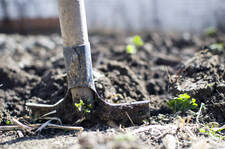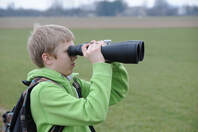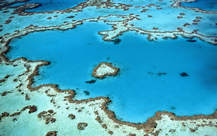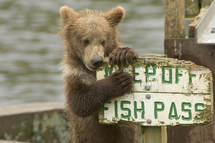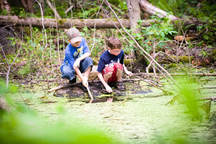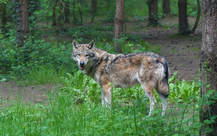Promoting conservation stewardship
|
‘Stewardship’ refers to activities that, individually or collectively, have a positive impact on the natural environment. Our research explores which stewardship activities should be prioritised, ways to promote the uptake across the broader community, and exploring how experiences of stewardship can influence people to get more involved. We work with a range of partner organisations, including Conservation Volunteers Australia, and the Cooks River Alliance.
Social dimensions of citizen science |
|
Citizen science is a participatory model of science, where community members are involved in diverse aspects of scientific research. Most environmental citizen science programs involve some form of environmental monitoring. These programs monitor a diverse range of indicators – threatened species, water quality, and the health of coral reefs and coastal ecosystems. Our research examines the social impact of citizen science programs and how they provide an entry point for other forms of citizenship activities. We partner with a range of organisations, including Reef Citizen Science Alliance, The Bookend Trust, and ReefCheck Australia.
Engaging with 'blue space' - from rivers to reefs |
|
Blue space includes rivers, lakes, coasts and oceans. Our research explores how people connect with and experience blue space, and how this experience influences their support for initiatives that protect blue space, including sustainable urban water management, waterway protection, and marine conservation. We also examine strategies to promote marine citizenship, and what psychological ‘ingredients’ are necessary for these interventions to be effective.
|
Communicating for change
|
Sharing information about the benefits of nature for society or the challenges involved in protecting nature are a major component of environmental communication. But what outcomes do we want this communication to achieve? We know that encouraging people to get involved in conservation requires more than sharing factual information. Our research explores different approaches to communication and the psychological processes underpinning effective communication.
|
Experiencing nature in urban settings
|
It is argued that experiencing nature is good for emotional wellbeing and can foster support for conservation. But, in an urbanised world, there are fewer opportunities for people to experience nature. Our research explores how urban nature experiences can generate positive outcomes for both society and conservation. We also explore how to ensure that the beneficial effects of nature are experienced by everyone.
|
Addressing challenges in conservation
|
Conservation and environmental management can generate conflict between social groups, and between people and wildlife. In some cases, this conflict not only undermines conservation outcomes, but can threaten livelihoods or public safety. We explore the social dimensions of these conservation challenges, investigating how values, life experience, and social context can be better understood to find solutions.
|

